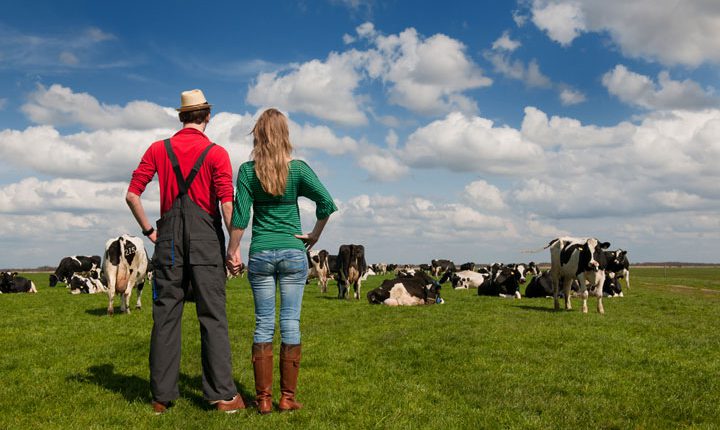How to start a small farm business
If you want to start a small farm business, you may be wondering what step to take first. You might not even have land yet, but you are still thinking and planning for the time when you will make your move. And finding farmland is one important step in farming – one that you’ll want to take after considering some other factors.
Learn About Farming
You can’t go wrong starting with this step. If you’re new to farming, learn everything you can about it within the time you have. But be reasonable, too. You can’t know everything there is to know. Some learning will have to be on the job, and trial and error is messy, time-consuming and sometimes costly. Yet it’s inevitable with farming, so embrace the process. But learn some, too. Balance.
If you can find a mentor – someone you can learn from directly, perhaps in your community now or where you hope to farm – it can be extremely helpful. If you haven’t already, work on a farm. Volunteer. Gain experience before you begin.
Design and Plan Your Farm
An important part of starting your farm business is defining what it will be. Do you want to have a micro-scale vegetable farm? Do you plan to grow acres of hay for other farmers? Maybe you want to have a diversified farm – a small-scale operation that grows a variety of animals and crops. You might even be wondering how to start an ecotourism farm, where people will come to stay to see the workings of your farm and perhaps even participate in farm chores.
Write a Business Plan
You may wonder if you need a business plan. The short answer: if you want to start a business, you will need a business plan. In the writing of the business plan, you will consider markets, supply and demand, as well as anything and everything that pertains to your farm operations, management structure, financial analysis, products, and price points. You may cycle between this step and the previous one, designing and planning because they are interconnected. But a business plan is a significant enough part of starting a business to take up an entire step. It’s where you take your dreams and brainstorms and make them a reality.
Find Grants and Loans
You might not have all the capital you need to start farming on the scale that you’d like. You can start small, dip a toe in the water and see how you enjoy farming on a micro scale, using whatever you can glean from your monthly household budget to invest in the farm. But it might take a long time to get anywhere using this method, as you may not be able to invest a significant amount, enough to bring product to market. Grants and loans aimed at young and beginning farmers are out there! Help is available for established farmers, too. Programs offer subsidized equipment like high tunnels, assistance in certifying organic, and more.
Get Business Licenses and Permits
Your local and state law may vary when it comes to the requirements for establishing a small farm business. But the basics are the same: you will probably need to register your business name, purchase a business license, get an employer identification number, and carry product liability insurance.
Set Up Finances
You will also need to decide on your business structure. Will this be a sole proprietorship, an LLC or something else? Contact an accountant to get information specific to your situation. Financial planning should be in your business plan. It’s very important to set up a system for bookkeeping and accounting from the start of your small farm business.
Youtube та Підписуйтесь!




